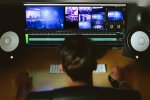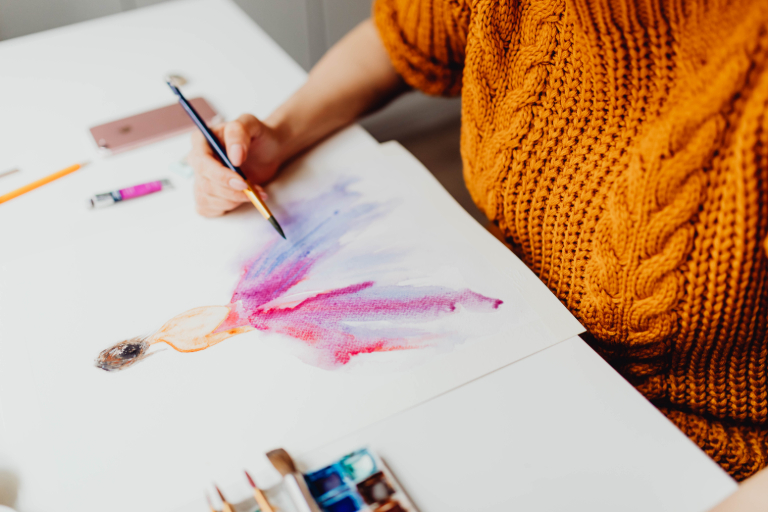Good Ways to Study
How can you effectively study for an exam, and retain the
knowledge you need for your test? We will be looking at good ways to study and
some tips for getting good grades on exams.
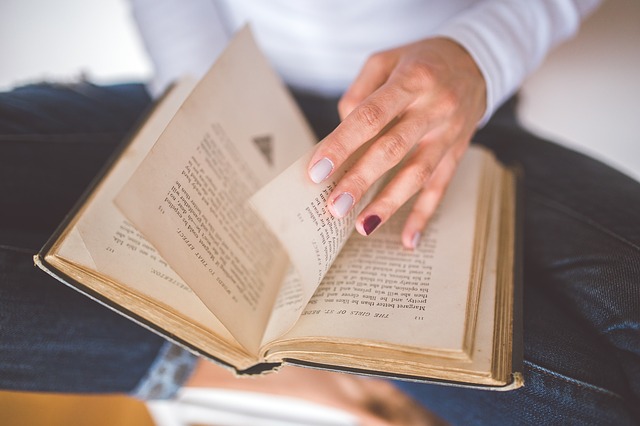
Your exam is approaching soon, and you are unsure how to even start. What methods work, and what tips can help you get ahead in your studying? Here are a few useful suggestions that have helped me and many other students around the world.
Use a Mind Map
- A good way to study is by making a mind map to help you organize all areas that you will be tested on for that subject. To make a mind map get a notebook and a pen and write the topic that you will be tested on in the middle of a page and circle around it.
- Then create branches from your central label and link words and ideas that relate to that topic, this will help you gather and collect all the knowledge that you have on the topic so far. The way to get the best out of mind maps is to make them thorough and detailed and add ideas on as you do more research.
- For instance, you could read your textbook and then add some key points that you encounter, onto your mind map. Using bright colours like highlighters may also help you to remember the points that you jot down, especially if you are a visual learner. Highlighting different sections of the mind map, will also help you keep track of the differences and similarities between items in a group. Below is an example of how you might start a mind map about the digestive system for biology class.
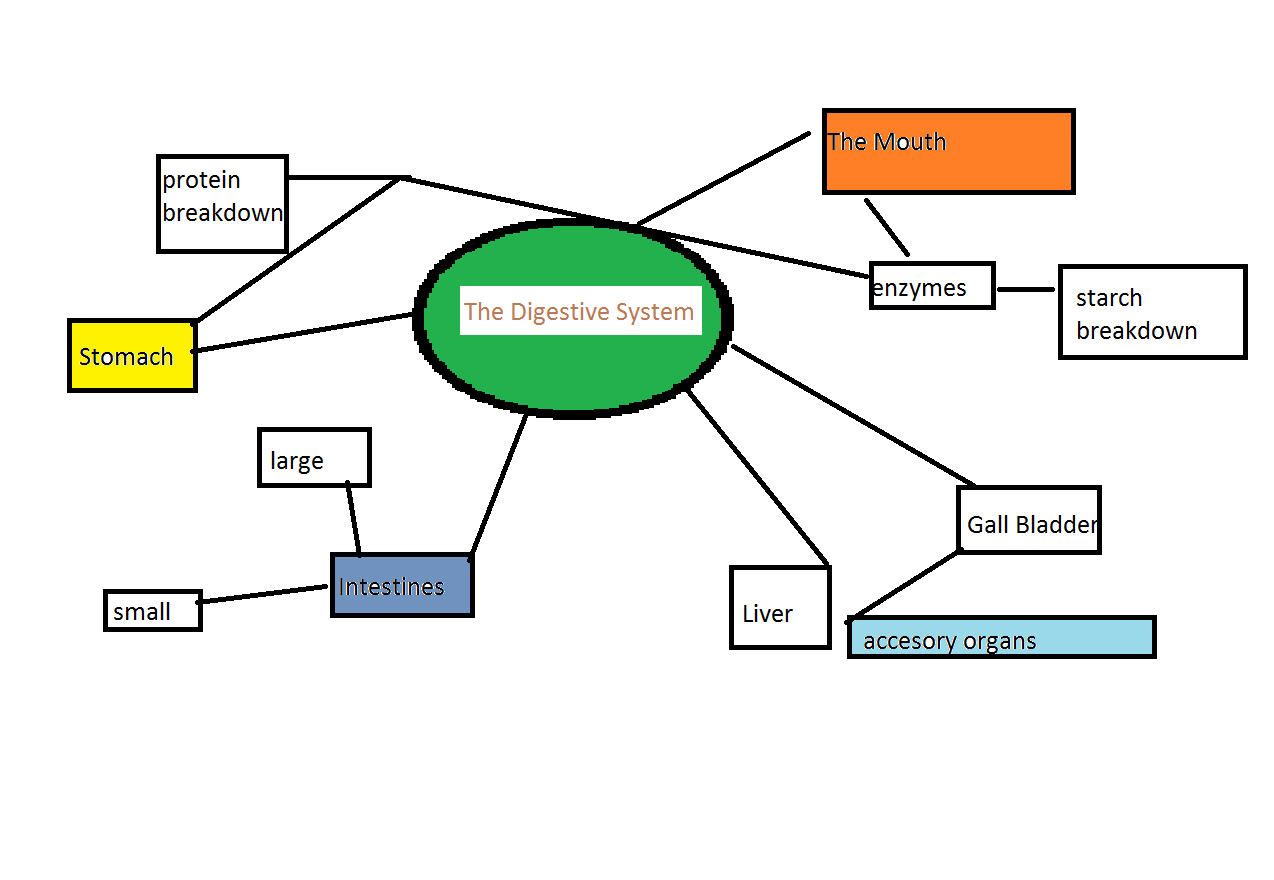 More detail can be added as you re-discover important facts from your notes.
More detail can be added as you re-discover important facts from your notes.Why are Mind Maps such a good way to study?
- Mind Maps work so well as a study tool because they engage you in whole brain thinking and allow you to see the big picture.
- The way you connect lines and group ideas in mind maps allow you to see how various ideas relate to one another and this helps you to grasp important concepts.
- Mind maps help you to simplify complex ideas and break things down into bite sized chunks. An obvious thing about mind maps is that they are quite creative so they may even make studying fun- especially if you're not into reading a textbook for hours and trying to let it all sink in.
Why not add pictures to your mind map to make it even more interesting and appealing? You could search images on the web or have a go at drawing your own. This would be good practice, particularly if there are pictures or diagrams that you need to memorize.
- We think in pictures and remember vivid and exaggerated images more clearly, so go for it and make your drawings as wacky as you need them. The main thing is that you remember the ideas associated with the images.
Summarize
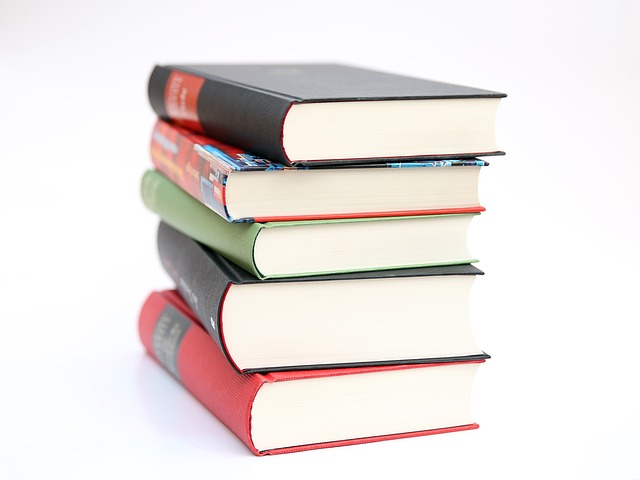
- Another good way to study is by breaking up the notes you need to study into smaller sections. After reading and thinking about a section, use a pen and paper to summarize the information without looking back at your notes.
- Summarizing your notes will help you gain a better understanding of the material as you will be writing in your own words. Also a good way to study is by summarizing the information via talking to a friend or family member.
- You can make a checklist to make sure you are covering the right points, and then get your partner to tick the items off as you go.
Making Flash Cards
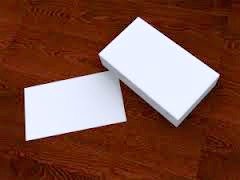
- Flash cards are pretty simple to make. Creating a flash card to study for an exam involves writing a question on one side and the answer on the other.
- You can also write a term on one side and a description of that term on the other side.
- Then you can ask yourself the question or try and work out the term and check on the other side to see if you got it right.
- Shuffle the cards on a surface so as not to just memorize the information in a particular order.
Here are some more ideas of things you can put on flash cards: a formula, a solution approach, a multiple choice question, a pneumonic device, a symbol or even and image.
- Flash cards are a good
studying idea for studying in a group. Each person can make a few cards and
then you can swap cards and test each other on questions that somebody else
made.
- This is good practice, and there is a high chance that one of your friends thought of a question that you didn't, or phrased something a certain way that expands your level of thought.
Good Ways to Study... they all involve not getting distracted
When studying for an exam, try not to get distracted. The television, radio, or computer are some things that you should try to stay away from when studying for an exam. That is not the time to try and multi-task. You aren't likely to succeed if you try to catch up on your favourite TV show while reading and writing.
Creating the Right Environment:
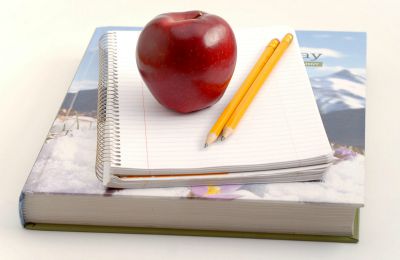
- Make sure that your study space is not too hot, not too cold. Also, make sure that it is quiet and well-lit, so you will not have to be squinting to do your work.
- Receiving messages on your phone can also be distracting when you are studying so it may be a good idea to put your phone away during your study period.
- Find a space that is big enough to hold all your reference materials, books, pens and paper.
- Get comfortable, but not too comfortable that you fall asleep or that you stop focusing.
- Studying well involves creating a workable study environment where you can keep focused and alert.
It is much better to study and memorize actively rather than passively, so rather than just stare at a textbook, try the above methods: use a mind map, flash cards, talk aloud, draw, and write.
Pace Yourself- Take Frequent Breaks
- When studying for an exam, be sure to take frequent breaks.
- Studying for hours without end can be wearisome so be sure to take 5 or 10 minute breaks for every 45 minutes of hard work.
- Our minds need occasional breaks to stay alert and productive, so taking breaks is necessary, especially when studying for long periods.
- During your break you may choose to stretch for a while or walk around, get a drink of water or just have a rest for a few minutes.
- But make sure your break is not overly extended, try and get back to work as soon as possible, do not lose your momentum!
Practice Makes Perfect!
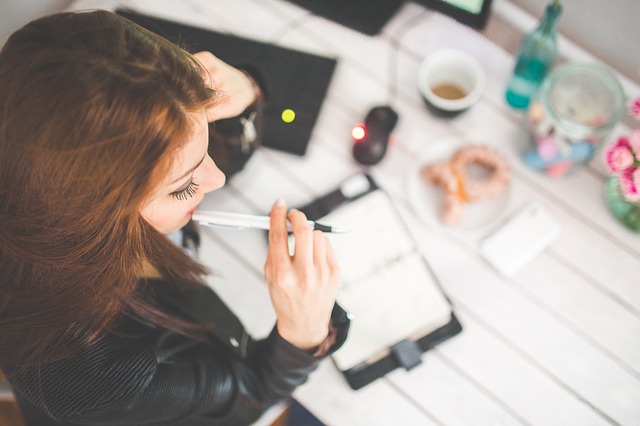
- Another great way to study for an exam is by doing practice tests.
- Practice makes perfect as they say and practice tests are really useful when it comes to studying for exams.
- Practice tests can help you to get an idea of the type of questions you may encounter in your exams and this can prepare you a great deal.
- Practice tests in Maths and classes like Chemistry and Physics are particularly useful as those subjects usually require a lot of time practicing how to solve problems, so practice tests can give you a lot of experience in working out questions that you may need to improve your skill on.
- Practice tests can help you tackle questions that you may find challenging when you work at them slowly and persistently.
- Practice tests with model answers are also brilliant because they can give you some helpful hints on how you can go about answering similar questions in the future.
- When working with practice tests, I like to:
- Firstly answer
the question how I normally would
- Then go over the model answer
- Tweak my
answer to improve it as indicated by a model answer
- Finally I jot down notes that will help me to answer the question better the next time.
- What I love about practice tests is that they often give you a range of questions to work with; you don’t always have to do all of them, but it is best to do as many as you need to master the subject at hand.
Every Opportunity

- Try to study at every chance you get. Study while waiting for the bus, and even go over the material in your head while you try to go to sleep.
- Familiarizing yourself with your study material repeatedly will help you to retain it.
- This method has helped me a lot in the past; it can help you greatly if you ponder on and research the subject you will be tested on in your own free time.
- This will also help to clear up any doubts you may have.
- Thinking about terms and explaining them to yourself in your head will also help you to gain a better understanding of concepts and you will be able to apply them whenever you need to.
So these are my tips on some good ways to study. I hope you enjoyed reading them. Following these suggestions will help you to make the most of your time studying and get good results!
Happy Studying,
Roli Edema.
Related Articles:
>>> 150 Things I Love About Writing
>>> Never Give Up - Quotes to Inspire
>>> How to Wake Up Without Caffeine
Thanks for reading! If you liked this content, share with a friend:
Recent Articles
-
What I Wish I Knew About the Duality of Life
Mar 30, 25 06:06 PM
Good and bad, light and darkness, highs and lows - these are all elements of a rich, rewarding existence. Here's what I wish I knew about the duality of life. -
The Best Video Editing Courses Online
Mar 27, 25 12:14 PM
Here are the best video editing courses to help you advance from beginner to pro and create high-quality videos. -
Screen Free Activities - What I Wish I Knew About Thriving Offline
Mar 17, 25 10:57 PM
Resisting the urge to scroll on your phone is a lot easier when you have screen free activities that you actually enjoy. Here's what I wish I knew about enjoying time offline.

